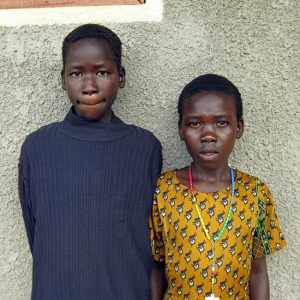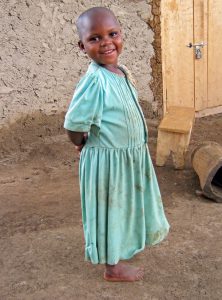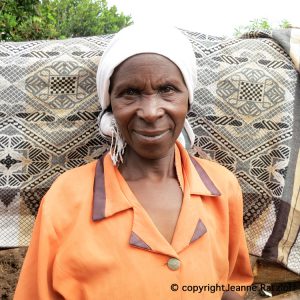Supporting the Education of Girls and Women
In 2009 we visited the Kyangwali Refugee Settlement in Uganda for the first time. One afternoon, after visiting several women who had applied for microcredit loans, we sat outside our room relaxing. Soon there were two very shy Sudanese girls standing before us. Quietly, they told us they had heard we were making a list of children who needed help to go to school. They asked to be added to the list, but we told them we weren’t making a list and weren’t sponsoring anyone’s schooling. The girls curtsied and left.
At that time, we had decided not to become involved in education. Our focus was on microcredit and, for several reasons, we needed to stay focused on that.
Each time we visited Kyangwali, there were children everywhere -- many following us wherever we went. They should have been in school -- but often families had no money for school, or the kids, especially girls, were needed to work for their families.
In many African countries, girls’ education is not a priority. Without an education, these girls typically marry young and begin having children. Knowing no other way, most accept their role in the communities and never realize their potential. This role involves doing much of the work while being subservient to their husbands.
Education has the potential to make these girls community leaders and role models, and increase their income opportunities, making it possible to better provide for themselves and their families.
It took courage for the two Sudanese girls to come to us. Many times I've wondered what happened to them.
Jeanne
Women Education
Educate a woman and she will succeed, and become a role model for her children and community
Women and girls in the developing world are often denied opportunities for education. Lack of education limits prospects, decreases family income, reduces health, puts women and girls at risk of trafficking and exploitation, and limits the economic advancement of entire countries.
Education is the single most effective way to improve the lives of individual families as well as to bring economic development to poor communities worldwide.


